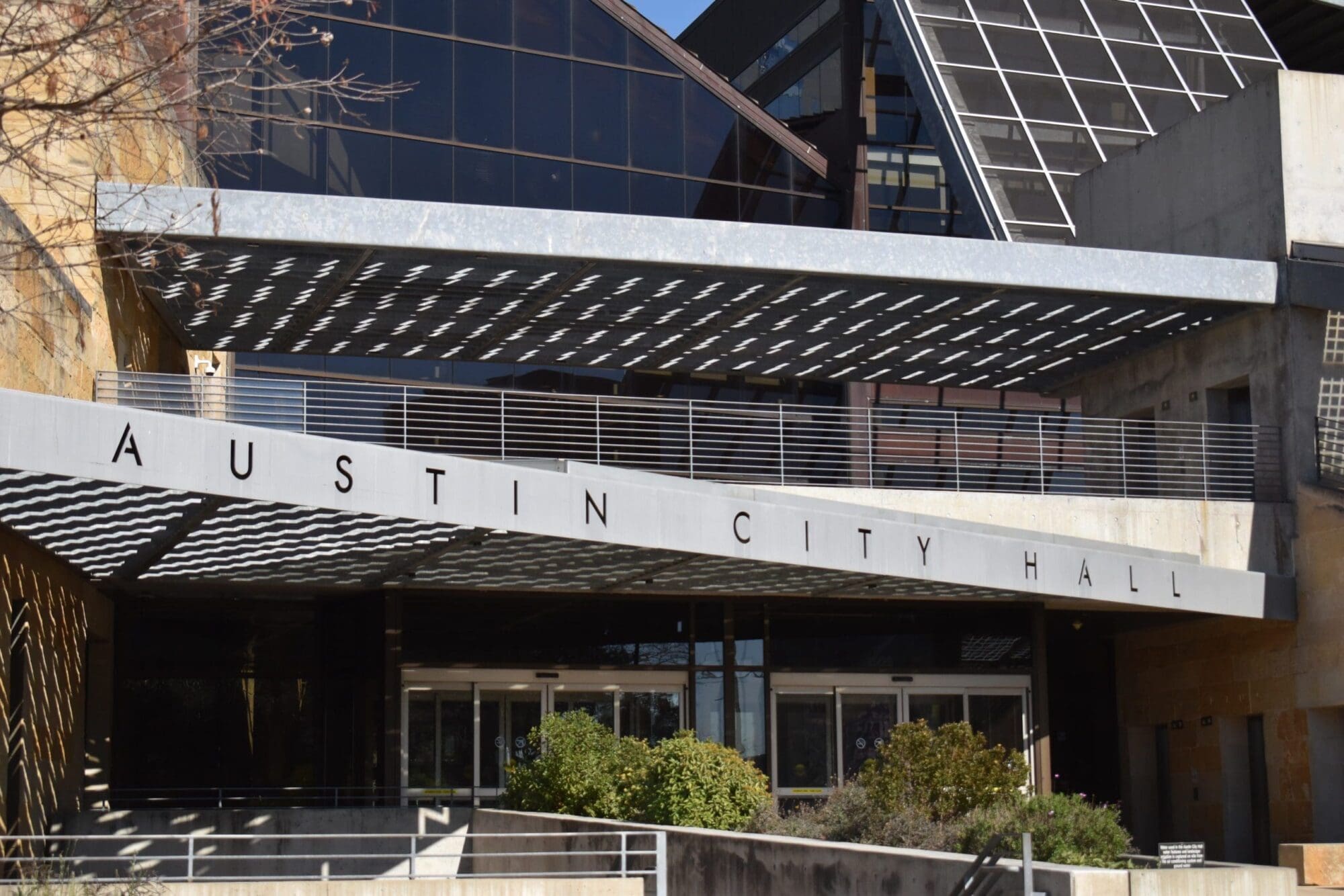Two long-time incumbents at the Tarrant Regional Water District (TRWD) are facing stiff competition from challengers Craig Bickley and Michele Von Luckner. Both are committed to buck the local political establishment by subjecting the agency to greater scrutiny, financial disclosure, and public accountability.
Texans for Fiscal Responsibility and other citizen groups have joined reform-minded board member Mary Kelleher in endorsing both Bickley and Von Luckner.
The TRWD has faced a barrage of criticism from local activists. It began in 2005, when State Rep. Charlie Geren (R-Fort Worth) quietly carried HB 2639 through the legislature, allowing the water district to create the Trinity River Vision Authority (TRVA). The TRVA is a non-profit, government-run corporate subsidiary in partnership with Tarrant County, the City of Fort Worth, and the U.S. Army Corps of Engineers.
By helping to expand the TRWD’s mission to include economic development, Geren enabled the district to use eminent domain for non-essential purposes. Interestingly, the board still claims the TRVA is related only to flood control and recreation. But if that were true, then Geren’s bill would not have been necessary, as the TRWD already held such statutory authority. And levies already exist to prevent flooding.
The truth is, the district needed firm legal footing on which to stand. Without explicit authority to create the TRVA, the agency would have endangered their boondoggle with legitimate legal challenges, eminent domain disputes, and greater public scrutiny.
Following the TRVA’s inception, the TRWD board quickly appointed J.D. Granger, the son of Congresswoman Kay Granger, to head the subsidiary alongside an unelected board of other government insiders.
As a result, the TRWD now diverts up to 70% of its general fund (over $50 million annually) away from water district operations towards “economic development.” After nearly ten years and approximately $243 million in spending, the TRVA finally announced detailed redevelopment plans to redirect the Trinity River and create Fort Worth’s own “mini-Manhattan” island.
According to TRVA staff, a football-size model costing $1.7 million was built nearly ten years ago. Unfortunately, it never made it to the United States, as it was designed, built and warehoused in Vancouver, Canada prior to being disassembled. It’s unclear if any taxpayers ever laid eyes on it. It also raises questions as to why the TRVA waited ten years to make public details of the development project.
Since 2003, the total cost of the TRVA has grown in both size and scope, from an original estimate of $200 million to nearly $1 billion today. Although half of the funding will allegedly come from federal earmarks that have not been obtained by Rep. Granger, local governments rushed ahead and poured millions into the subsidiary.
To date, it’s uncertain exactly where the $243 million has been spent. The TRVA recently announced a new phase of construction with the Texas Department of Transportation —$66 million in bridges that cross the proposed river-bypass. That’s right; the TRVA wants to create a water obstacle that doesn’t currently exist, only to spend $66 million on three new bridges to allow access to the man-made island. Again, levies built over seventy years ago already exist to prevent flooding.
If successful in their races, Bickley and Von Luckner will have an ally in Kelleher on the five-member board. First elected in 2013, Kelleher garnered the most votes of any candidate in the history of the district. To stifle her effectiveness, the board quickly changed their own rules to prevent any single member from unilaterally adding items to the meeting agenda.
Kelleher is the only member to vocally demand pro-taxpayer reforms, questioning the agency’s ethics policies, use of eminent domain, nepotism, alleged conflicts of interests, failure to disclose public documents, details of financial contracts, and other information related to the TRVA. As a result, she’s been censored, threatened, and publicly ridiculed.
Kelleher has good reason to ruffle feathers.
Over the last ten years, water rates paid by residents have increased 67%, despite successful conservation efforts to reduce water usage and a four-fold increase in General Fund revenue.
Even before Kelleher’s arrival, Geren helped extend the terms of TRWD board members on two separate occasions over fears that voters may upset the agency’s power structure. The board has a long history of alleged TOMA violations, nepotism, and refusals to fully comply with records requests by residents, Kelleher, and several state legislators.
Last year, the run-away district was caught ignoring complaints by forty-three landowners in an eminent domain dispute. Documents detailing four years of communication suggested TRWD staff lied to residents who were promised their property would not be condemned. The district temporarily halted condemnation proceedings the week after Empower Texans broke the story. The fate of the landowners remains unresolved.
The TRWD saga provides another glaring example why local elections matter. Early voting began on Monday April 27th, and continues through Tuesday, May 5th—Election Day is Saturday, May 9th. Eligible voters can vote for two candidates.




